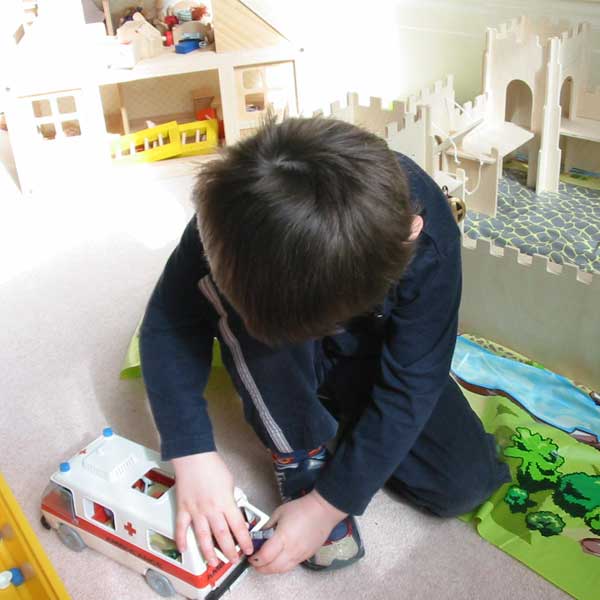
The traditional attitude that says we should hide death from toddlers causes life-long emotional problems, says Liz Koole. She reports on her counselling group for bereaved preschoolers and their parents.
Bowlby’s theories of attachment are well known and a secure attachment to a caregiver is thought to provide a base for a child to safely explore the world around them and find their place in it. Extended loss or separation, such as the death of the main caregiver, can lead to behavioural, emotional and mental health problems. There is a need to pay particular attention to bereaved children under five years old because there is “uncertainty, ambiguity and inconsistency” (Bowlby 1980 p274) in societies surrounding beliefs of life and death - which can add further confusion when a child’s cognitive abilities are limited.
Research suggests early childhood experiences are very important in influencing children’s “emotional health, resilience and social competence” (David et al 2003). There has been much research into the long-term effects of early parent death. Some studies have suggested an association between early parent death and adult depression, manic depression, alcoholism and schizophrenia (Finkelstein 1988). Van Eerdewegh et al (1985) found that children bereaved before the age of four years three months were more likely to be referred for psychiatric care five or more years later.
Social support after bereavement can affect children’s outcomes. Ruiz-King (2000) suggests that if children are supported through the natural processes of grief they are capable of: “Turning grief into growth and pain into gain”. Research done by Christ (2000) shows that bereavement playgroups are of great benefit to preschool children.
Understanding young children and grief